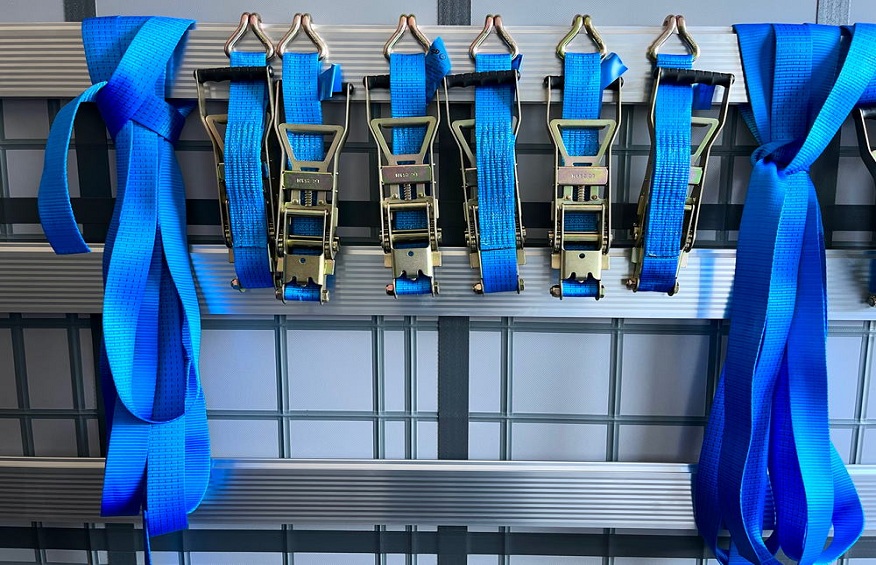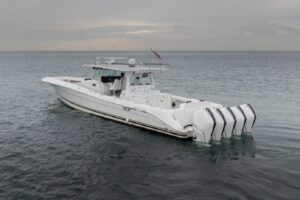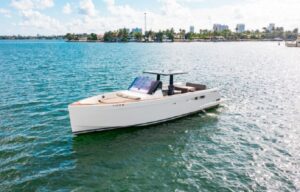New Invention to Replace Tie-Downs Has Limited Practical Value

Toyota wants to change how its customers secure loose cargo in the beds of their pickup trucks. Instead of using traditional tie-downs, Toyota engineers would rather customers use an inflatable membrane that sits over the top of the cargo while being attached to a hard or soft bed cover. It is a pretty creative invention. However, I get the feeling it has limited practical value.
As reported by MotorTrend in early January 2024, Toyota filed for a patent on their device back in June, 2023. The patent application includes complete diagrams as well as an explanation of how the device works. Again, it’s pretty creative. I am just not sure how well it will fly with Toyota owners. On the broader market, the device is only practical for pickup trucks. It certainly will not eliminate tie-downs for trailer and commercial truck loads.
The Tie-Down Concept Is Simple
MotorTrend describes the new Toyota device as “simple”. That it is. But tie-downs are even more so. A tie-down is any kind of device that ties cargo securely in place. It can be something like a Rollercam cam strap, an industrial-grade ratchet strap, a chain, a piece of rope, or even a bungee cord. Tie-downs have been in use for as long as people have been transporting cargo.
Using tie-downs is pretty simple. All you need is a strong enough tie-down and an anchor point. The one downside to tie-downs is that they do nothing but keep cargo in place. They do not protect against the weather or any other external influences. That may be where Toyota has an advantage.
Their air-filled membrane completely covers the cargo in question. In fact, it completely covers the bed of a pickup truck. And over the top of the membrane is a soft or hard cover. As a result, users get the best of both worlds. Their cargo remained secure and simultaneously protected against the environment.
How the Device Works
Although we will not have the full details of how the device works until it goes into production, we can get a basic understanding by looking at the patent application. In a nutshell, the membrane is held in place by the truck’s bed cover. It is attached to an air compressor with tubing. To deploy at, you simply turn on the compressor and watch while the membrane fills with air.
Being soft, the membrane easily expands around cargo and into voids. Once fully inflated, it holds everything nicely in place. Ideally, it is great for securing a lot of small and loose pieces. But it might prove to not work so well with furniture and other large objects.
It’s not clear from the application how well the membrane can keep large objects secure. It is one thing to rely on air pressure alone to hold a dining room chair in place. It’s another thing entirely to expect the membrane to secure something heavy – like an ATV.
Tie-Downs Will Live On
From the little bit I have been able to ascertain from Toyota’s patent application, their air-based cargo containment system has limited applications. That means it also has limited appeal. I suspect that few Toyota buyers will pay extra for the device once the novelty has worn off. In the end, tie-downs will live on as the primary means of securing cargo.
Tie-downs have worked well for centuries. They will continue to do so. As for Toyota’s air-filled device, it can certainly make securing loose cargo more convenient under certain circumstances. For that much, Toyota engineers deserve credit. The device can be very useful under the right conditions.





